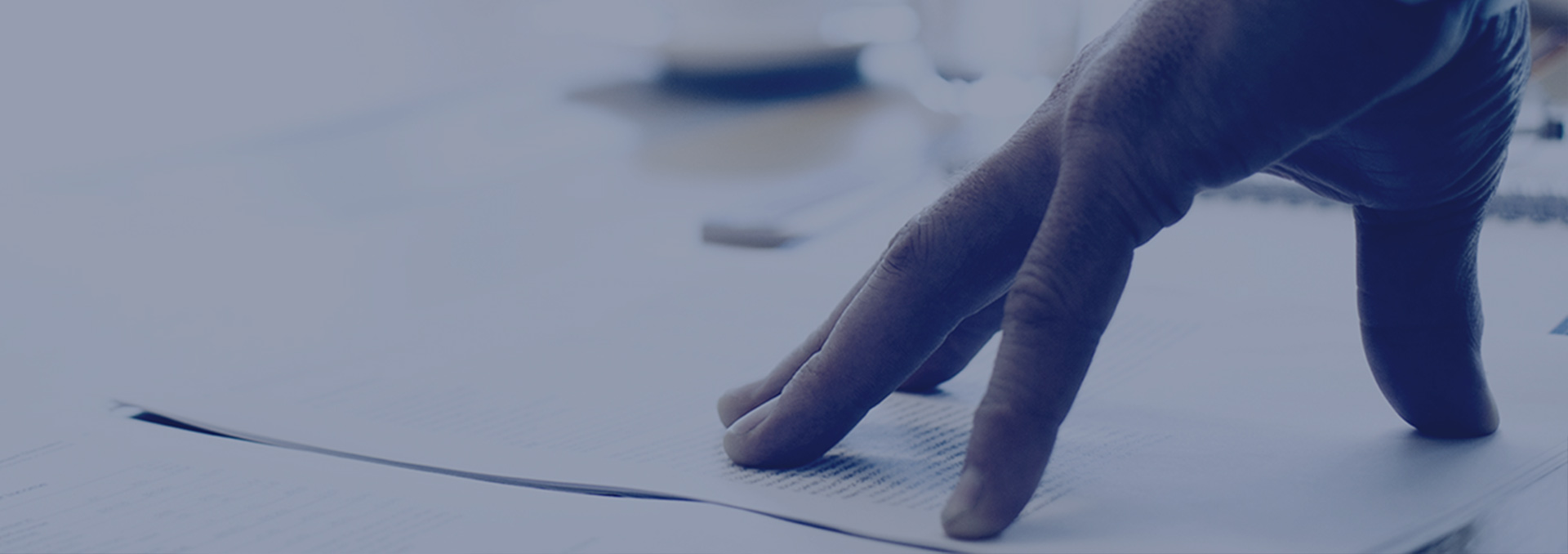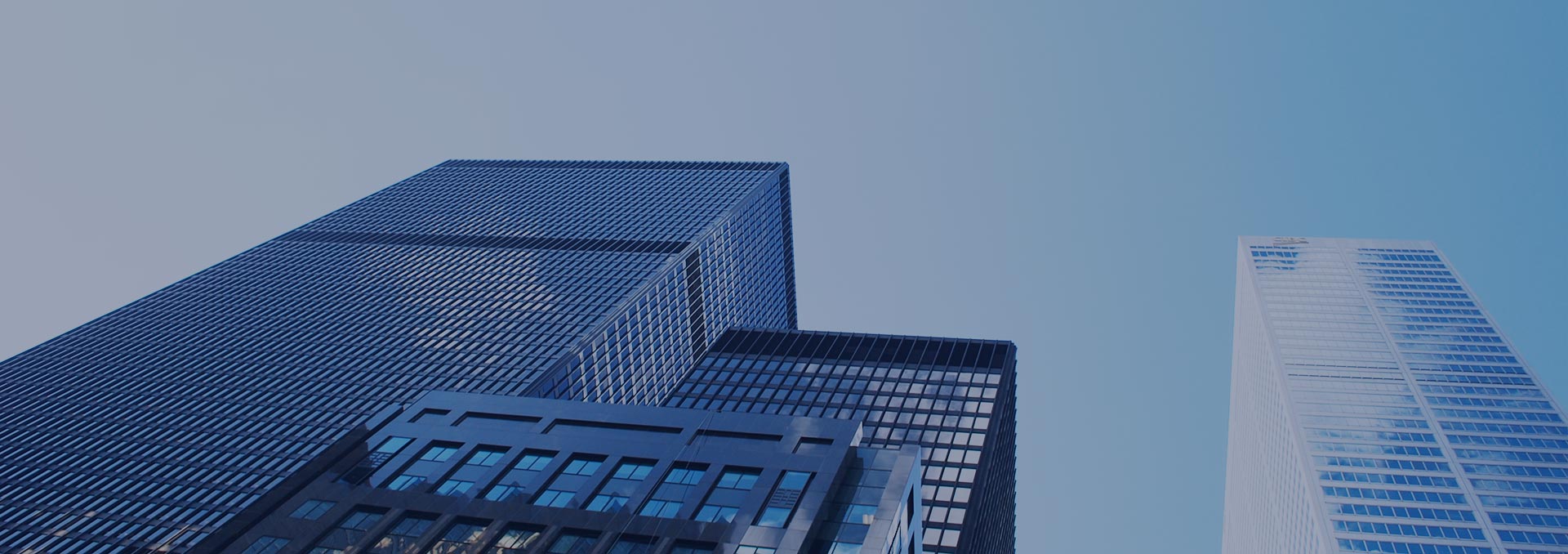We are licensed for Investment Management, Financial Consultation and Financial Analysis, Financial Advisor, Promotion and Listing advisor by Securities & Commodities Authority, UAE






We are licensed for Investment Management, Financial Consultation and Financial Analysis, Financial Advisor, Promotion and Listing advisor by Securities & Commodities Authority, UAE
Al Mal Capital PSC is an incorporated and regulated firm in the United Arab Emirates “UAE” and does not have any branches outside the UAE.
Al Mal Capital PSC will never request its clients to wire cash into any agent or a third-party bank account or to any bank account outside The United Arab Emirates.
شركة المال كابيتال ش.م.خ. مسجلة ومرخصة في دولة الإمارات العربية المتحدة وليس لها أي فروع خارج دولة الإمارات العربية المتحدة.
لن تطلب المال كابيتال أبدًا من العملاء تحويل الأموال إلى أي وكيل أو إلى أى حسابات بنكية لطرف ثالث أو إلى أي حساب مصرفي خارج الإمارات العربية المتحدة
Our mission is to be the trusted provider of a full range of high-quality financial solutions for the destination of capital from and to the MENA region, delivering exceptional value to our clients and stakeholders whilst adhering to a strong set of corporate principles.
Years of Services
Awards Received
AED Billion Investments